Let’s talk Kamala and Climate.
With about 80 days left to go until election day, things are starting to heat up. Kamala Harris was selected as Joe Biden’s running mate.
The economy and COVID are at the forefront of voters’ minds, but polls also suggest that Americans share concern for the environment.
So, what is Kamala Harris’ climate record?
Busy? Try the speed read.
Veep nominee Harris Democratic presidential nominee Joe Biden announced Senator Kamala Harris as his running mate this week. She is the first woman of color to sit on a national ticket.
What to know After dropping out before the first primary, Kamala Harris has been working with other prominent Democrats to push several new climate bills with a concentration on matters of justice.
Call it what you want, but most political pundits point to Kamala’s identity as a woman of color as the main reason for the Democratic Party’s, I mean, Biden’s strategic selection.
One big thing One of the more interesting prospects of a Biden-Harris ticket is the reemergence of 2015 Paris Agreement. As it stands today, the US will formally quit the Paris Agreement on 4 November, 2020, the day after the election.
My take on Paris I’m not convinced (and neither are some experts) that an international agreement is the answer to climate action without true compliance. What holds nations accountable for these commitments?
As the US-China economic race continues, the Paris Agreement would become more of a cat-and-mouse due to the associated costs of energy reduction than an actual solution.
A Biden-Harris ticket through the lens of climate:
- New legislation committed to environmental justice
- A series of executive orders designed to build a clean economy; there will be ambitious targets for 2025.
- A proposal to make a $1.7 trillion federal investment into climate resilience over the next 10 years.
- New efforts toward climate diplomacy/increased cooperation with other nations, traditional allies.
- More stringent environmental regulation, increase environmental standards for infrastructure projects.
Bottom line Neither Biden or Harris are climate experts. Their careers were not built on climate activism. However, they are concerned about these critical issues and will hire a team of dedicated experts.
Americans want purpose not perfection. In a candidate, I think everyday voters are looking for public consideration, personal accountability, and the ability to get shit done.
Dig deeper → 5 min
Harris beat out a long-list of qualified women for the job, including Senator Elizabeth Warren and former national security adviser Susan Rice. I want to better understand her environmental policy. As we learned in the last few weeks through polling, Americans want to vote on climate in some capacity.
If Harris can assemble a sound case for environmental protection and pair that with her experience in criminal justice, the Biden-Harris ticket would be enticing for moderates. In a risky hypothesis, Biden’s campaign must wager whether a progressive pitch to distressed Americans will win or spin the election.
Do we crave normalcy, or social revolution?
Let’s get to it. You know the back story, you know the faces. Now let’s break down her stance on climate.
Kamala and Climate
2019 said a lot
It’s worth noting that back in the Primary, environmental group Greenpeace gave Harris a B+ (77/100) on its climate 2020 scorecard. For context, she performed a tick better than Biden, and Trump got a zero. Personally, I would have given him a 10 for writing his name down.
Before last year, Harris didn’t really have any sound climate plan. Last July, she worked with Representative Alexandria Ocasio-Cortez to unveil a plan highlighting climate justice and more stringent environmental regulation before enacting law.
Last week, the two women delivered on that promise with the introduction of the Climate Equity Act, which would set up a new Office of Climate and Environmental Justice Accountability within the Office of Management and Budget.
Before that, Harris introduced her own complementary bill to the Environmental Justice for All Act, which was introduced earlier this year by two House Democrats.
An emphasis on environmental justice
Harris will emphasize environmental justice in her approach to climate policy.
The extensive legislative work put forth by Harris in the last 12 months serves as a healthy companion to Biden’s climate plan, which also includes many elements of environmental justice.
Biden’s plan calls for the establishment of an Environmental and Climate Justice Division within the Justice Department. It pushes for 40 percent of spending for clean energy and energy efficiency deployment dedicated to vulnerable communities receiving a disproportionate amount of pollution and poor quality of water.
Harris’ reputation as AG for tough-talk on corporations demonstrates her ability to stand firm against lobbyist special interests and other industry tycoons. But she is far from perfect. The VP nominee has taken donations from fossil fuel companies in the past. She pledged to skip fossil fuel donors this election cycle.
Meanwhile, her climate plan did not include a total ban on fracking, unlike her more progressive opponents in the primary.
I, for one, understand the nuances of fracking, given that the process both reduces emissions in the United States, yet also can cause local air quality and safety problems. It is grey area for sure, so let’s not count her out for not being extreme on an issue that doesn’t call for extremities.
She was also one of the last candidates to release a climate plan, revealing a lower priority for climate on her policy list compared to other primary candidates like Elizabeth Warren and Jay Inslee.
Big picture for Joe and Kamala on Climate
Biden’s team lauded her work as attorney general in California as it pertained to environmental issues. The only notable accomplishments I could find was her fight against BP in a 2016 lawsuit, and the creation of a quasi-Environment Justice Office in San Fran.
Biden’s plan itself has a strong environmental justice component, something enhanced by the release of a new plan in July. That plan calls for establishing an Environmental and Climate Justice Division within the Justice Department.
Joe’s proposal would ensure that disadvantaged communities receive 40 percent of spending for clean energy and energy efficiency deployment. This would be a major talking point for proponents of environmental justice in America.
Despite her flimsy record, Harris hails from a California state that knows climate matters all too well. She is a somewhat forward-thinking Democrat, after all, and Harris has redefined her career with a major policy focus on climate issues.
There are enough talking points for an environmentalist group to make a climate-case for the current Democratic ticket. And we’re already seeing that emerge with orgs like Sierra Club.
It’s not the best ticket for a tree-hugger, but as a political bystander, it appears to be enough to push them over the edge and into the Oval Office. Or at least in August it appears that way.
A new age for climate diplomacy… at what cost?
One of the more interesting prospects of a Biden-Harris ticket is the reemergence of 2015 Paris Agreement. As it stands today, the US will formally quit the Paris Agreement on 4 November, 2020, the day after the election.
COVID-19 has certainly put the brakes on a coordinated global effort toward combating climate change, and a climate-focused administration would most likely re-commit the U.S. to the Paris agreement.
The global agreement was formed under the United Nations Framework Convention on Climate Change, and has been hailed by environmentalists for its ambitious push for climate action on nation’s around the world.
The problem with Paris
There is a Paris problem, however.
It comes in the form of global compliance. And costs. Just like your second grade classroom, countries don’t always want to follow the rules. Plus, leading economies like the United States normally bear the financial burden in the world of international coalitions.
Yes, the Paris Agreement holds the American government accountable for our whopping carbon emissions, over-consumption and puts pressure on other negative externalities.
But international treaties are notoriously hard to enforce without a stringent procedure to follow. And there is none.
It is ultimately the role of domestic watchdogs — made up of bureaucrats, NGO’s and activists — to enforce these rules. So, why do we need an international commitment to reduce emissions, when other major Paris-signed economies are lagging behind?
China, for example, has not done enough to halt its emissions as the world’s greatest greenhouse gas emitter.
Back in 2018, China’s emissions were at its highest growth rate ever.
Meanwhile, President Obama committed the United States to reducing carbon emissions in 2025 by 26-28%, which equates to a major spike in electricity costs to keep up with that demand for power.
In retrospect, that makes Trump look pretty good for pulling the US out of China.
And listen, don’t get me wrong. The Paris Agreement should be a good thing. With a degree in International Trade and Economics, I know a thing or two about global diplomacy.
The problem is the language of the agreement itself, and the tenuous nature of international treaties.
We are better off policing ourselves. I truly believe the US is virtuous enough as a community and institution to pull this one off in-house. The upcoming election, and the winning candidate’s environmental response to a fresh term, will have a lot to do with that assertion.
The scoop on Paris
Yes, Joe and Kamala would most likely probably definitely sign the Paris agreement as part of their climate plan. And climate diplomacy, which Kamala Harris may take a lead on, would be night and day from Trump’s administration.
But I’m not convinced (and neither are some experts) that an international agreement is the answer to climate action without true compliance. What holds nations accountable for these commitments?
As the US-China economic race continues, the Paris Agreement would become more of a cat-and-mouse due to the associated costs of energy reduction than an actual solution.
Back to the election.
Climate in November
It may seem like we are giving the climate topic too much credit here. After all, over 50 million Americans are unemployed and COVID-19 seems to be breaking every other headline. But credible polls convey a clear message that climate still matters.
Given Trump’s horrible mismanagement of environmental protection, the environment could prove to be a dark horse issue in the election. I’m sure it’ll be brought up multiple times in the debates.
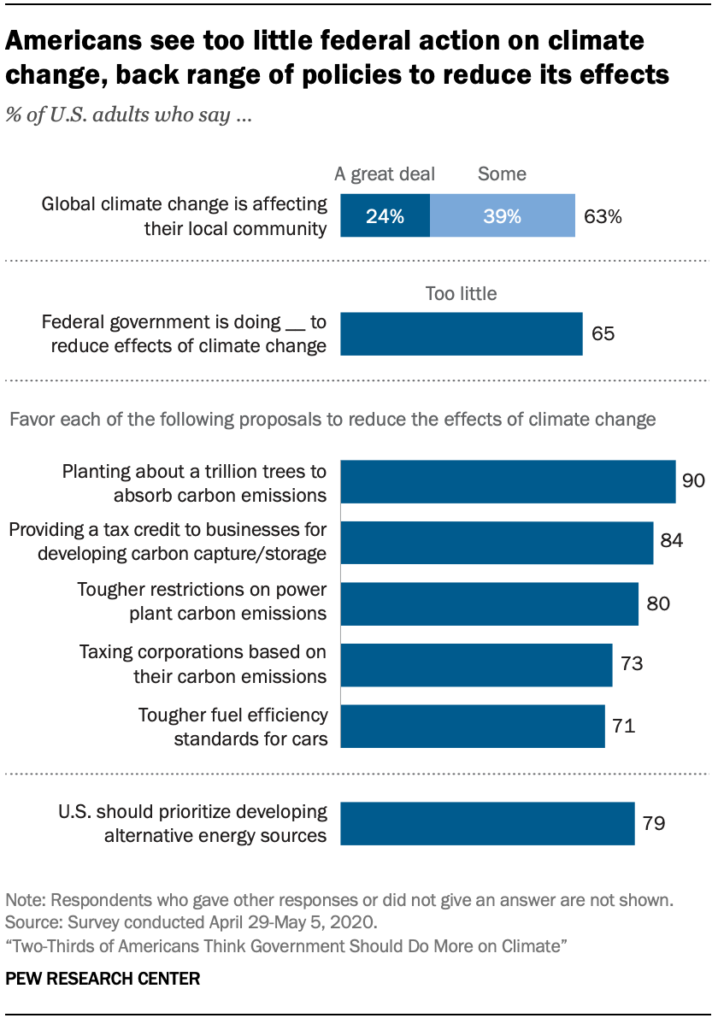
Here’s what you can expect from Biden-Harris on climate:
-
New legislation committed to environmental justice
-
A series of executive orders designed to build a clean economy. There will be ambitious targets for 2025.
-
A proposal to make a $1.7 trillion federal investment into climate resilience over the next 10 years.
-
New efforts toward climate diplomacy/increased cooperation with other nations, traditional allies.
-
More stringent environmental regulation, increase environmental standards for infrastructure projects.
Bottom line
Despite what they tell you, neither Biden or Harris are climate experts. Their careers were not built on climate activism.
Biden has been in Congress for over 40 years, and had not previously proposed a single environmental bill before his presidential bid (you can double fact check me on that, but I’m near certain).
What does matter however, is that a Biden Administration would be concerned. Best of all, we would see a team of climate experts dedicate their days to coordinating an ambitious policy effort. And that is lacking in the White House right now… big time.
What Americans want in a presidency is not perfection. Contrary to what the television tells you, the everyday voter looks for public consideration, personal accountability, and the ability to get shit done in a candidate.
If an ailing Biden can convince America that Harris has what it takes to be the Leader of the Free World, it will be hard to bet against them. Kamala failed once this year, and it will be undoubtedly hard to convince us she’s for real again.
Moderates and classic Democrats will show up to vote, but progressives and liberals will be the X-Factor. And the intra-war has already begun on the Left. #nojoe.
Voter concerns with the Jamaican-Indian-American Senator will ultimately transcend climate and tie directly to her past in the criminal justice system. ‘Kamala is a cop’, after all.
In a strange way, Biden will have to play the relatable-Joe good cop in this alpha-omega pairing.
Can she do it? I mean, can he do it?
Everyone knows who’s really running for president anyway.
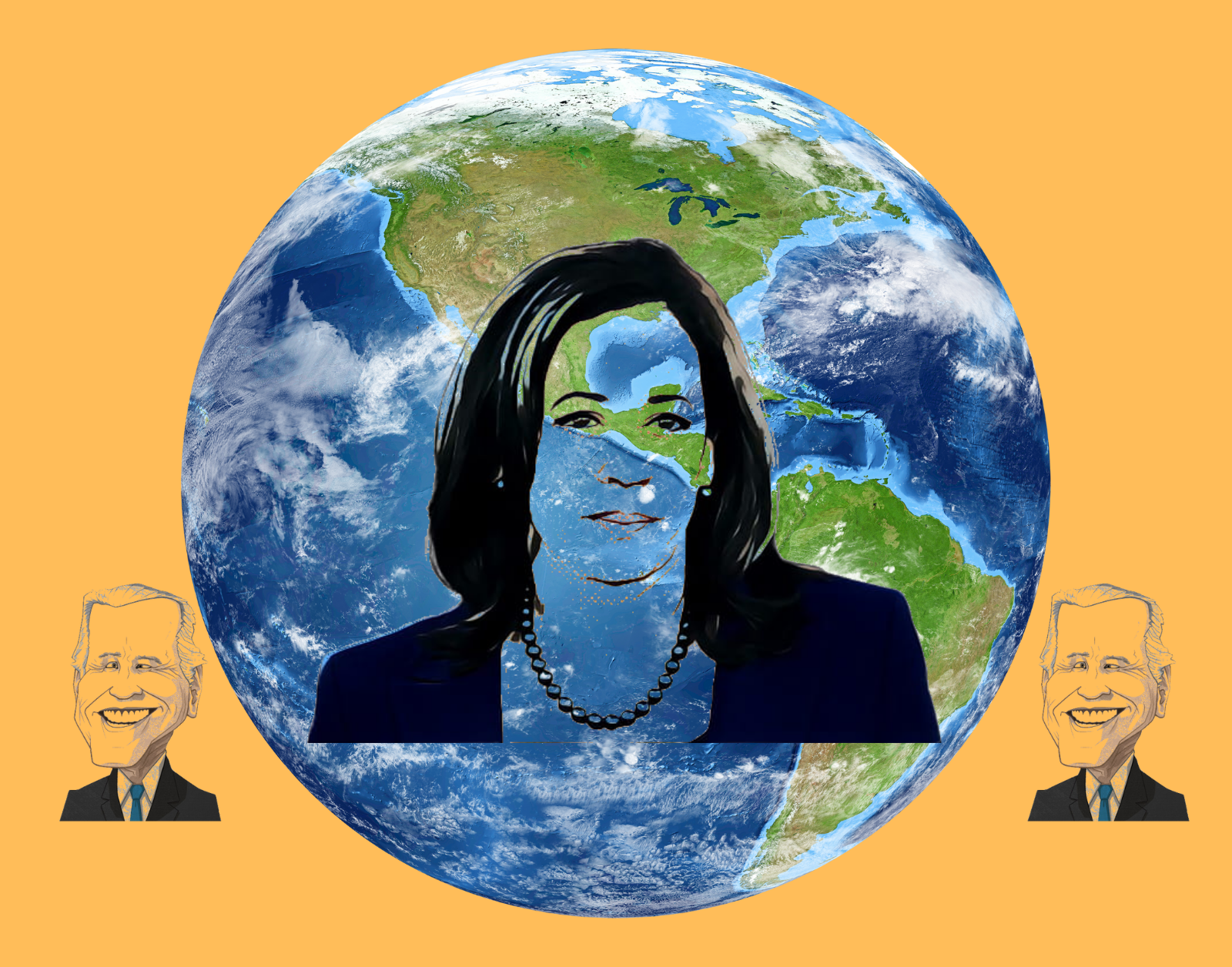



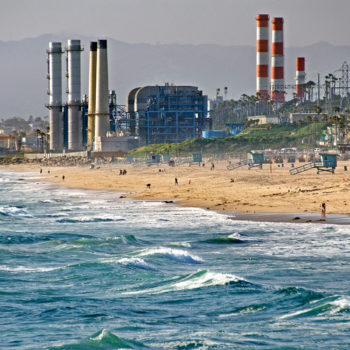
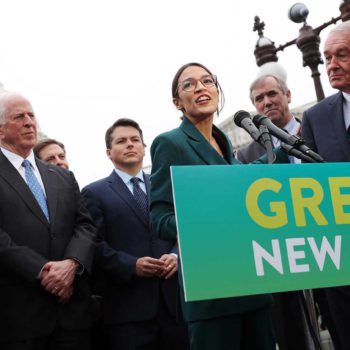


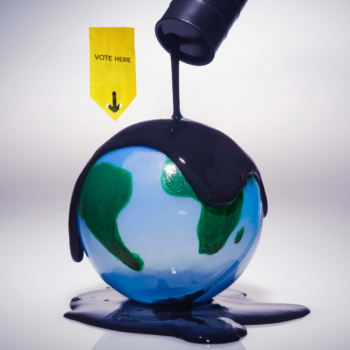




No Comments